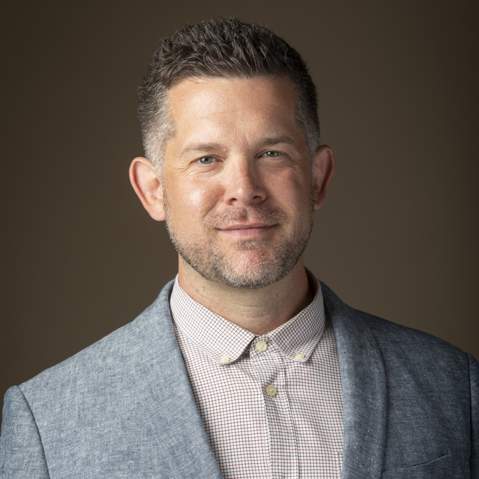NSF grant aims to improve research into factors impacting geographic education

Michael Solem, professor in the Department of Geography at Texas State University, has received a $300,000 grant from the National Science Foundation to identify factors that may impact K-12 geography education.
The two-year grant was awarded by the Division of Research on Learning and will fund Solem's project, "Building Capacity for Educational Assessment Research in Geography."
The U.S. Board of Education administers the National Assessment of Educational Progress (NAEP), which is a study of what students in 4th, 8th and 12th grades know in the areas of math and science, literacy, geography, history and civics.
"At participating schools, students and teachers complete background questionnaires that provide rich datasets about curriculum, teaching methods, resources in the classroom, household characteristics, parental income and socio-economic status—lots of variables that researchers can analyze in order to look for relationships that can help explain why some students perform better than others," Solem said. "In geography, that data has not been analyzed. The NSF is trying to develop the capacity to do educational research in different disciplines using that data."
The individual investigator development grant will help develop Solem's expertise in quantitative statistical analysis in order to assess the data in the context of geography education. His professional development will involve close work with a research mentor, who will provide him with literature and guidance on educational assessment and measurement as well as psychometrics. Solem will take short courses over the summer through the U.S. Department of Education and the Inter-university Consortium for Political and Social Research at the University of Michigan.
At the end of the grant's second year, Texas State will host a research conference where outside experts will come in and review the results of Solem's analyses. Future projects will then be planned based on that assessment data. Not only will Solem be conducting research, he will also be developing infrastructure that facilitates such research.
"There's going to be that kind of research training beyond myself toward the end of the grant," Solem said. "That's what we mean by building capacity. We're developing research knowledge and skills in order to analyze these large scale assessment data sets."
Share this article
For more information, contact University Communications:Jayme Blaschke, 512-245-2555 Sandy Pantlik, 512-245-2922 |